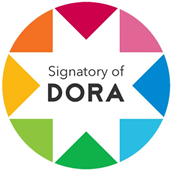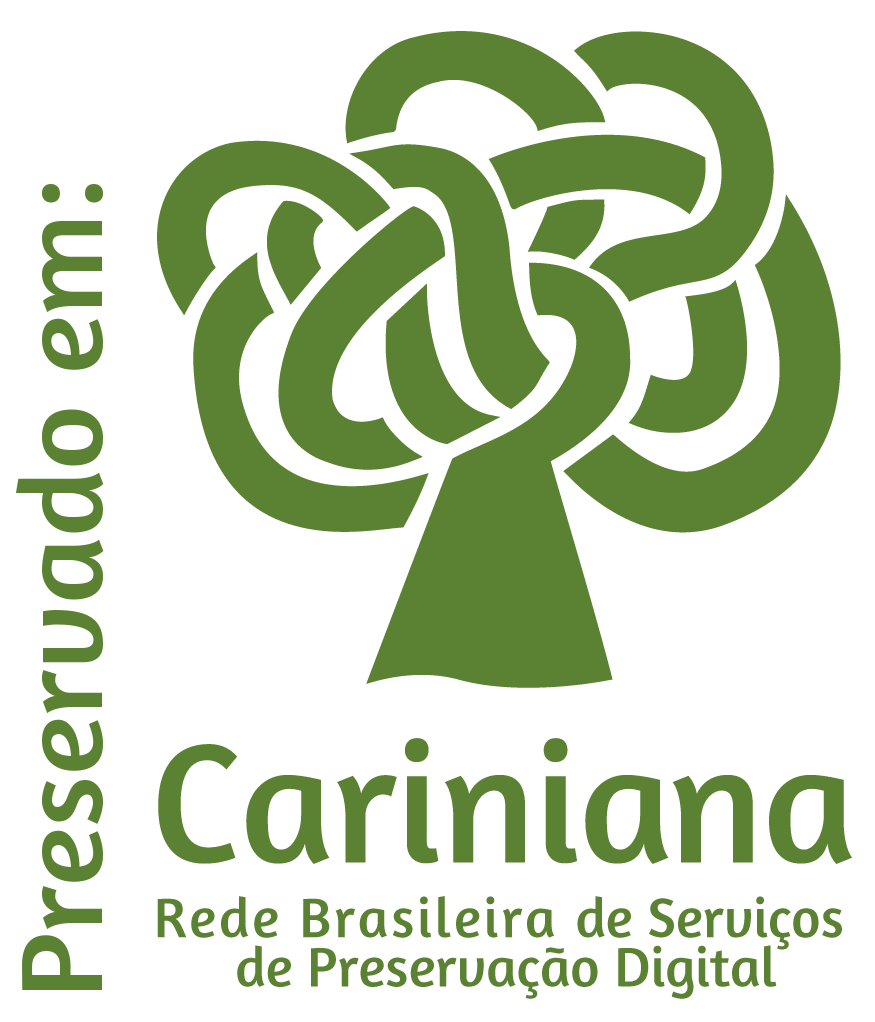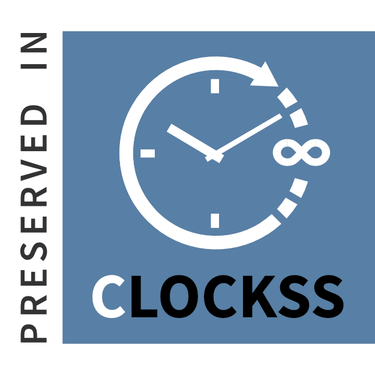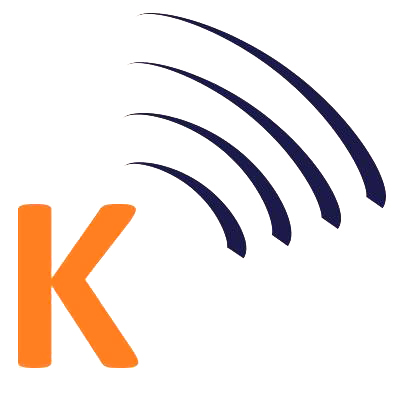Process of teachingand learningwith features of information technology and communication: reflections on the phenomenon to be investigated and its redefinition
DOI:
https://doi.org/10.31417/educitec.v3i05.175Keywords:
Object of study, Information technology and communication, Ontology. Epistemology.Abstract
With the objective of reflecting on a construction of an object of study and as fundamental questions about my life trajectory, as well asthe construction, articulation and resurrection of the object route as institutional and epistemological issues that pervade, enabled me according to studies Carried out in the discipline Epistemological Basis for Education in Science and Mathematics of the PhD in Science and Mathematics Education of the Amazonian Network of Science and Mathematics Education (REAMEC), perform a triangulation between Morin, Capra and Maturana, in order to identify and Justify some contributions To elucidate the object investigated. In this way, it is tried to integrate the thematic resources related to my professional and personal life with an elaboration of an object of investigation that seeks a relation between information technology and communication through educational software and as theories of significant learning, verifying which contributions are possible.Downloads
References
ARPAIA, P., et al. A remote measurement laboratory for educational experiments. Measurement - Journal of the International Measurement Confederation v.21, n.4, p.157-169. 1997.
BARANAUSKAS, M. C. C.; ROCHA, H. V. (2003) Design e Avaliação de Interfaces Humano–Computador. Campinas – SP: NIED/UNICAMP, 2003.
BERTOLINI. Armando Luiz. Mediação Tecnológica: construindo e inovando. Porto Alegre: EDIPUCRS, 2003.
BOTTENTUIT, J. B. e C. COUTINHO. Laboratories based on Internet: comparative analyses of current experiences and development of a virtual laboratory. IV International Conference On Multimedia And Information And Communication Technologies In Education. Seville, 2006. 1284-1289.
CAPRA, Fritjof. A teia da vida: uma nova compreensão científica dos sistemas vivos. São Paulo: Cultrix, 1996.
CARRILHO, Manuel Maria. Epistemologia – Posições e Críticas. Lisboa: Fundação Calouste Gulbenkian, 1991.
ESTEBAN, Maria Paz Sandín. Pesquisa qualitativa em educação: fundamentos e tradições. São Paulo: McGraw-Hill, 2010.
FIOLHAIS, Carlos; TRINDADE, Jorge. Física no computador: o computador como uma ferramenta no ensino e na aprendizagem das ciências físicas. In: Revista Brasileira de Ensino de Física. Vol.25 número 3. São Paulo: Setembro/2003.
FRENCH, Steven. Ciência: conceitos-chave em filosofia. Porto Alegre: Artmed, 2009.
GARBIN, T.R., DAINESE, C.A., KIRNER, C., SANTOS, A.M., JESUS, M.A. Avaliação de Interface de um Sistema de Realidade Aumentada para a Criança Surda com base no Construcionismo. Anais do 1º Workshop de Realidade Aumentada, Piracicaba, SP, maio de 2004, p. 33-36.
GAYA, Adroaldo. Ciências do movimento humano [recurso eletrônico]: introdução à metodologia da pesquisa. Porto Alegre: ArtMed, 2008.
GAZETA. As graduações campeãs de desistência. Jornal Gazeta do Povo, 2012.
GOWIN, D.B. Educating. Ithaca: N.Y, Cornell University Press, 1983.
HESTENES, D. Toward a Modeling Theory of Physics Instruction, Am. J. Phys, 1987.
INEP. Estatísticas do Professor no Brasil, v.1. 2004.
KALAWSKY, R.S. Exploring Virtual Reality Techniques in Education and Training: Technological Issues. Advanced VR Research Centre, Lough-borough, University of Tecnology, 1993.
LÉVY, Pierre. O que é virtual?. São Paulo: Ed. 34, 1999.
LIMA, K. E. C.; VASCONCELOS, S. D. A análise da metodologia de ensino de ciências nas escolas da rede municipal de Recife. Aval. Pol. Públ. Educ., Rio de Janeiro, v.14, n. 52, p. 397 –412. Jul/Set. 2006.
MASINI, Elsie F.S. O enfoque fenomenológico de pesquisa em educação. In: Fazenda, Ivani. Metodologia da pesquisa educacional. São Paulo: Cortez, 1989.
MATURANA, Humberto. Ontologia da realidade. Belo Horizonte: UFMG, 2014.
MEDEIROS, A. e C. F. D. MEDEIROS. Possibilidades e Limitações das Simulações Computacionais no Ensino da Física. Revista Brasileira de Ensino de Física. 24: p. 77-86, 2002.
MORA, Priscilla Cohn F. Dicionário de Filosofia. Barcelona: Ariel, 1994.
MORAES, M. C. Informática educativa no Brasil: um pouco de história. Em Aberto: Brasília, ano 12, n. 57, jan.-mar. 1993.
MORIN, Edgard. Ciência com consciência. Rio de Janeiro: Bertrand Brasil, 2005.
PELLANDA. Nize M. C. Maturana e a Educação. São Paulo: Autêntica, 2009.
PINHO, Márcio Serolli. Realidade Virtual como Ferramenta de Informática na Educação. Grupo de Realidade Virtual da PUC-RS, Outubro de 1996. Disponível em: <http://grv.inf.pucrs.br >. Acesso em: 02, jun. 2007.
ROGERS, L. The Use of Software to Explore Experimental Data. GIREP-ICPE-ICTP International Conference: New Ways of Teaching Physics. Ljubjana, Slovenia 1996.
STERN, D.N. The Interpersonal Word of the Infant. New York: Basic Books, 1985.
UNESCO. Dados do Ensino Médio. Representação da UNESCO no Brasil, 2015.
VALENTE, J. A. A metodologia Logo de ensino e aprendizagem. Projeto de Informática na Educação especial, Campinas: NIED-Unicamp, 1999.
VASCONCELLOS, Maria J. E. Pensamento sistêmico: o novo paradigma da ciência. Campinas: Papirus, 2002.
WOLFS, José Luís et al. Praticar a epistemologia: um manual de iniciação para professores. São Paulo: Loyola, 2010.
ZERO HORA. Por que 89% dos estudantes chegam ao final do Ensino Médio sem aprender o esperado em matemática? Jornal Zero Hora, 2011.
Downloads
Published
How to Cite
Issue
Section
License

This work is licensed under a Creative Commons Attribution 4.0 International License.
This work is licensed under a Creative Commons Attribution 4.0 International License
This license allows others to share, copy, redistribute material in any medium or format, adapt, remix, transform and develop the material based on their work, even if commercially, giving due credit and providing a link to the license.
The published articles are the property and full responsibility of their authors, who may have them for later publication, always including the original edition, and EDUCITEC Magazine does not have any legal responsibility for its content.

















